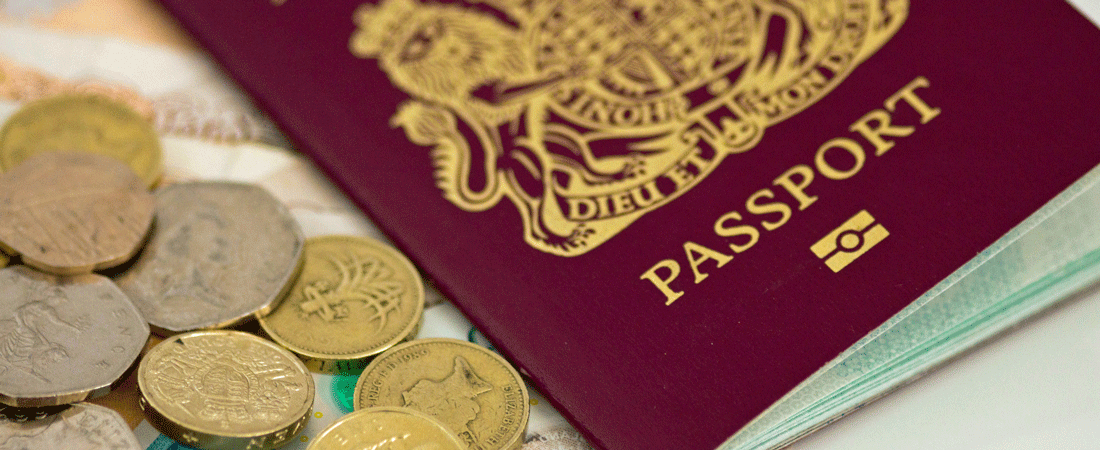Despite what you may have read, Britain’s position on a range of Brexit issues is well known. Since the negotiations began in June, Britain has put forward position papers on citizens’ rights, the European Court of Justice, and Euratom, and will reportedly publish ones on Northern Ireland and the customs union later this month.
The one issue where the UK has refused to engage with the EU is on the ‘divorce’ bill – where the position has been that it’s not for us to work out how much we supposedly owe the EU in order to leave. That must come from Brussels.
But with talks grinding to a halt and both sides eager to move on to planning our future relationship that could well change.
It’s in that context that the Sunday Telegraph’s story that Britain was preparing an offer of £36 billion to settle the divorce bill saga, on the condition that this moved talks on to future arrangements, caused such a splash.
This might be silly season news. It might well be the Chancellor and his allies on manoeuvres (No.10 has denied the figure). Whatever the reason, it’s a welcome step forward.
Payments to Brussels, in whatever shape and size, are a red flag to Britain’s old school Eurosceptics. But the government has always said, since the Lancaster House speech, that we would seek to continue to collaborate on science, research and technology, among other things.
Horizon 2020, which funds scientific research, and the student exchange Erasmus programme, are two intensely popular initiatives that Britain is desperate to play a role in going forward. And that costs money.
It’s the reason we were originally so insistent that future relationship talks should run concurrently with ones over exit – how can we know how much we’ll owe until we know what we’re actually leaving?
Framing this bill as a reasonable cost of our ongoing co-operation with our European neighbours is also much easier to sell domestically than if it’s painted as vindictive Eurocrats slapping down a bill that must be settled before we can leave.
The UK should keep its eye on the prize, not the price. The potential to be gained from a good free trade agreement with the EU, whether implemented transitionally or not, is far greater than stumping up an in-the-grand-scheme-of-things small amount. As vital as our independent trade policy will be post-Brexit, the single most important trade deal we’ll strike is that with the EU. In that sense, perhaps it’s a price worth paying.

